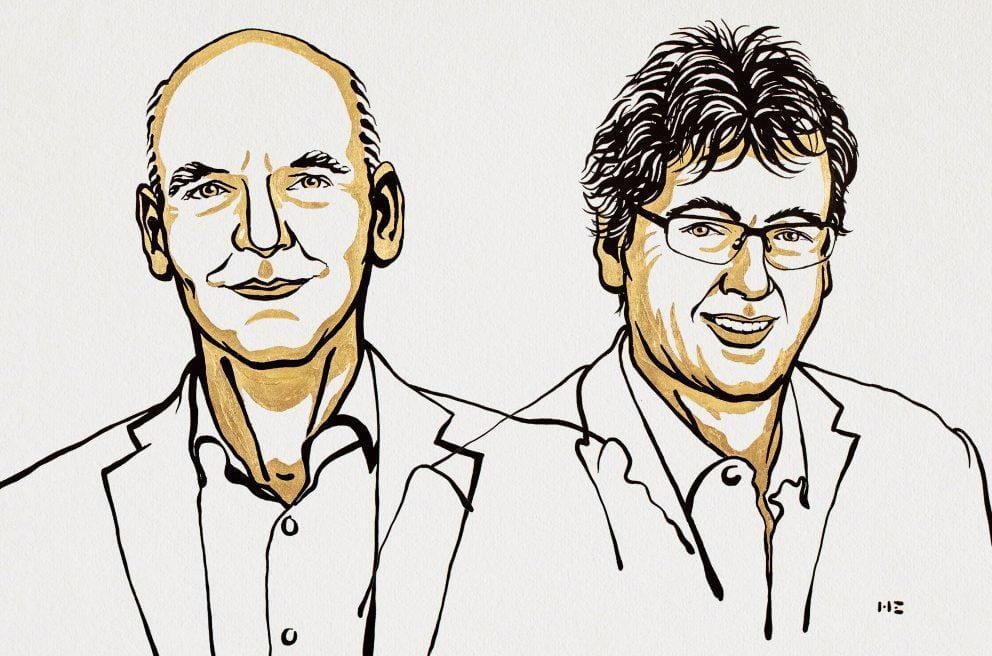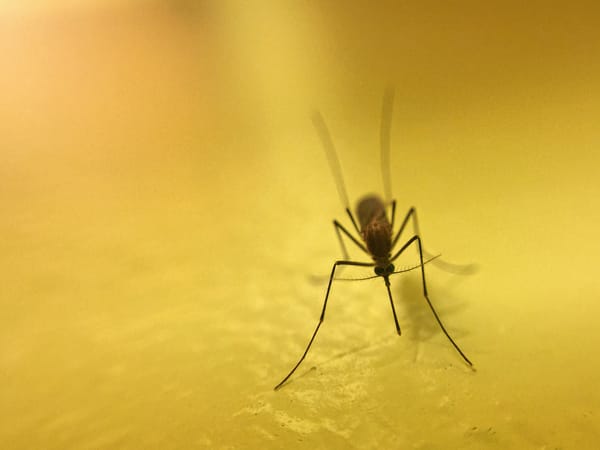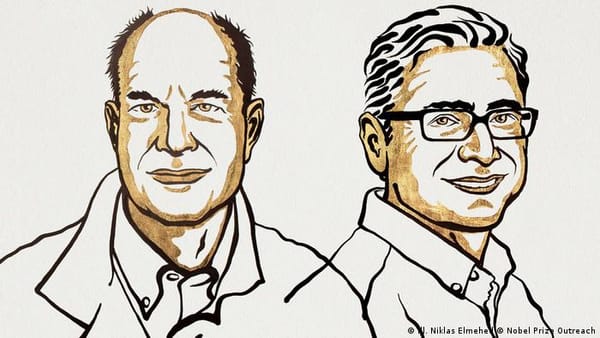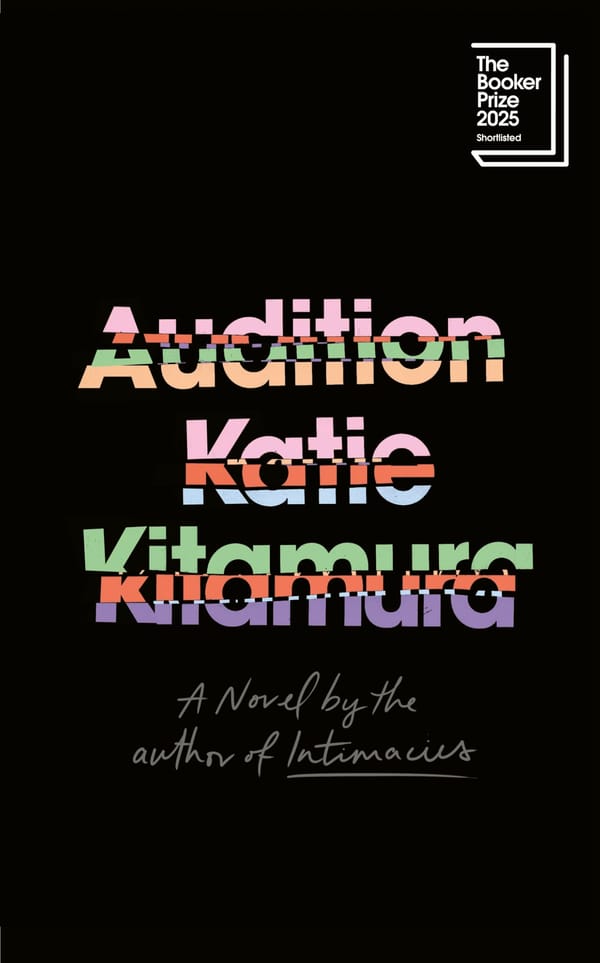The 2021 Nobel Prize in Chemistry
Felix Science covers the achievements that won scientists the Nobel Prize this year.

German-born Professor Benjamin List of the Max Planck Institute and Scotland-born Professional David MacMillan of Princeton University have been awarded the Nobel Prize in Chemistry for their work on organic catalysts. They independently developed the technique of asymmetric organocatalysis in 2000. Before then, catalysts were thought to only be metals or enzymes.
MacMillan had been working on metal catalysts at the University of California. Metal catalysts are typically expensive, unsustainably acquired, and require an oxygen- and moisture-free environment, which limits industrial applications. List, working at the Scripps Research Institute, had been interested in research from the 1970s which suggested certain amino acids could be used as catalysts. Both found that small organic compounds can act as very effective catalysts. Being composed of fairly common elements, these catalysts were cheaper, more sustainable, and easier to manufacture.
What made the discoveries particularly revolutionary was the catalysts’ ability to produce only one form of molecule out of the two mirror image forms that many molecules can adopt. This had wide-ranging and important implications. Mirror image structures of the same molecule can have very different properties - for example, spearmint and caraway both contain the compound, carvone, but taste different because they contain mirror-image versions of carvone. Compounds used in pharmaceuticals tend to only be effective in one of these mirror-image forms. This can mean one version is harmless and the other is effective. However, in more severe cases, the undesirable mirror-image can have negative impacts on the body.
This was brought to light in the 1950s, when thalidomide was approved for treating morning sickness. It was found that the mirror-image of the molecule caused severe physical disabilities in the new-born babies. Before asymmetric organocatalysis, there was no efficient way of producing only one mirror-image form of a molecule.
The Nobel Committee said that the technique has “taken molecular construction to an entirely new level.” Professor MacMillan upon hearing the news said he felt “dazed, confused, elated, proud, sentimental, weepy - you name it”, and Professor List was on holiday in Amsterdam with his wife, who he claimed frequently liked to joke that Sweden was calling him, when he got the call, and had initially “thought it was a joke”. The £870,000 prize will be shared between the two.








